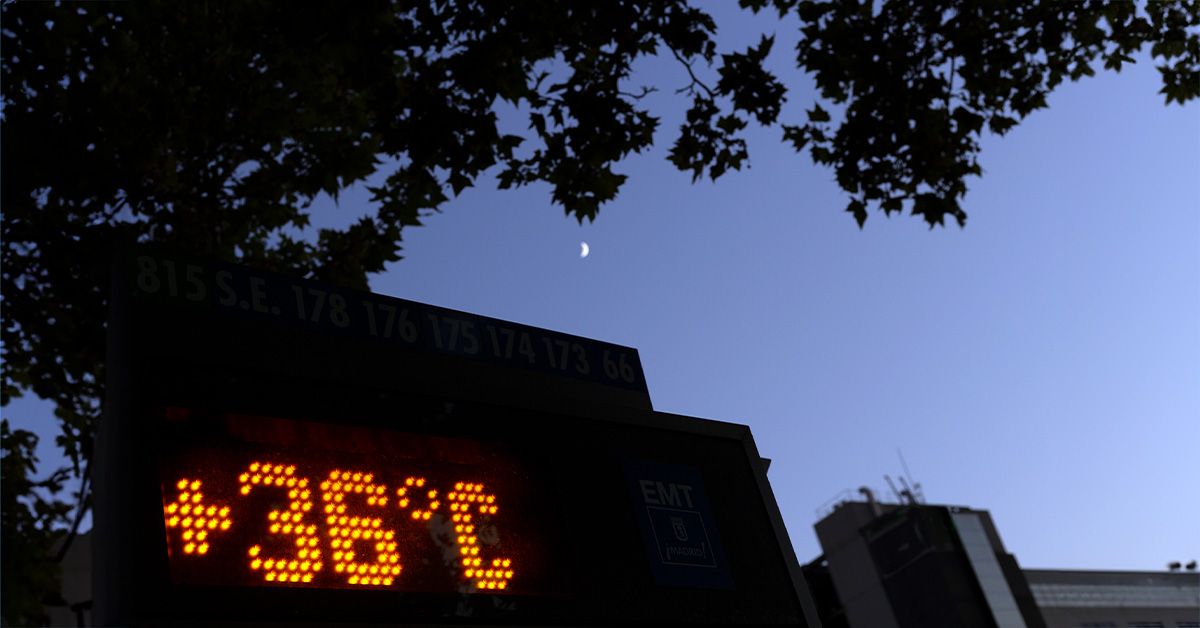The study found that older people, specifically women, are at an increased risk of stroke on hot nights due to the stress that heat puts on the cardiovascular system. To reduce this risk, it is recommended to drink plenty of water, keep air circulating, take cool showers and baths, and wear cool clothes. With the average temperature globally rising over the past decade, it is becoming increasingly urgent to understand the impact of climate change on human health.
Researchers analyzed patient data from a hospital in Germany over a 15-year period and found a higher risk of strokes on warm nights, particularly among elderly women. The most common type of stroke recorded in the study was ischemic strokes, with hemorrhagic strokes and transient ischemic attacks also reported. These strokes were primarily considered minor or moderate-severity strokes.
The researchers assessed the association of strokes with hotter nights by analyzing meteorological data and controlling for daytime temperature. They found a slight increase in the number of strokes on hot nights from 2013 to 2020 compared to the previous years when temperatures were cooler. Older individuals, especially women, and those with mild stroke symptoms were most vulnerable to night heat, according to the study.
While some experts are concerned about the findings of the study and the impact of extreme heat on cardiovascular health, others are more cautious. Dr. Cheng-Han Chen noted that previous studies have shown a link between heat and cardiovascular events, while Dr. Jayne Morgan highlighted the need for further research on the potential effects of extreme heat on stroke risk. Both experts emphasized the importance of staying hydrated and taking measures to cool down on hot nights to protect cardiovascular health.
Dr. Chen recommended drinking plenty of water, keeping windows open for air circulation, and using cool cloths or showers to lower body temperature. Dr. Morgan raised concerns about the impact of climate change on cardiovascular health, including pollution and particulate matter that can negatively affect the heart. Both experts stressed the importance of understanding the potential risks of extreme heat on stroke events and taking precautions to stay cool and hydrated, especially for older individuals and those with pre-existing conditions.









